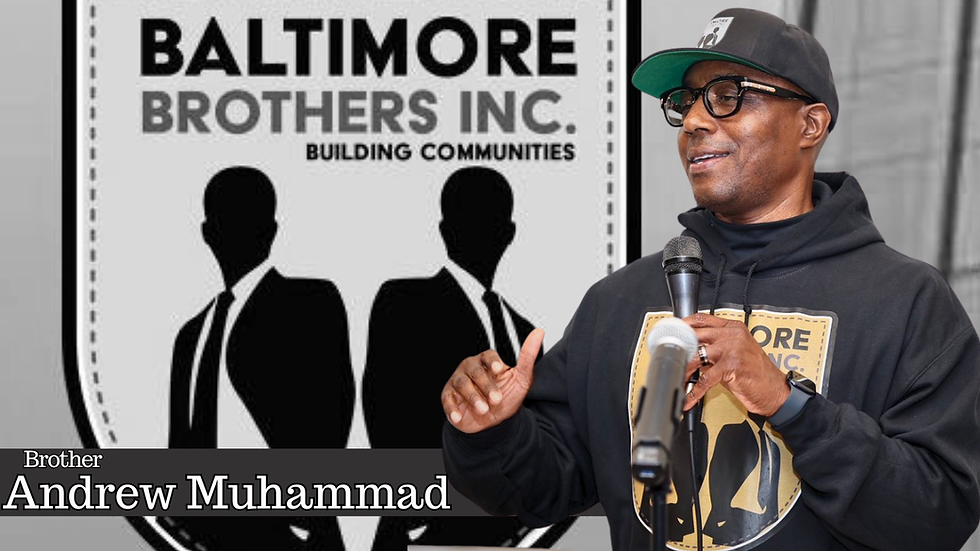The Game of Chess When It Comes To DEI, Boycotts, Business Ethics, and Economics
- Brother Levon X

- Mar 5
- 3 min read

Throughout history, boycotts have been a powerful tool for communities to push for change. From the Montgomery Bus Boycott in the 1950s to modern movements calling for economic justice, people have used their financial power to send a message. However, while boycotts can be effective, they must be strategically planned to ensure that they lead to real change rather than unintended consequences.
The Consequences of Boycotts
Boycotts can have a significant impact, but they can also harm the very people they intend to help. Companies like Walmart and Target employ thousands of people from diverse backgrounds, including those who may already struggle to find stable employment. If these businesses suffer financial losses due to a boycott, employees—many of whom are from marginalized communities—could face layoffs and reduced hours.
Target, for example, is now facing a 40-day consumer boycott over its shift away from diversity, equity, and inclusion (DEI) policies. Rev. Jamal Bryant, a prominent Atlanta-area megachurch pastor, has called for people to divest from Target, stating, “We’re asking people to divest from Target because they have turned their back on our community.” While this initiative aims to push for change, we must ask if there is a long-term plan to ensure that this economic action doesn’t negatively impact those working within these companies.
The Current Political Climate and DEI Policies
The Trump administration’s decision to limit hiring goals for people of color and dismantle committees focused on racial justice has created a significant shift in corporate diversity, equity, and inclusion initiatives. While these decisions may feel like a step backward, we must critically analyze whether boycotting companies that do not adhere to DEI policies is the most effective response. Some businesses will always prioritize profits over social responsibility, and not every company is obligated to follow a specific political ideology.
A Strategic Approach to Economic Power
If we are serious about using our economic influence to drive change, we must think like master chess players rather than reacting without a plan of action.
Instead of only focusing on boycotting, we should also work toward strengthening Black-owned businesses and other minority enterprises. By supporting these businesses, we can create jobs within our own communities and establish economic independence. A boycott should be paired with a well-thought-out blueprint that answers critical questions: Where will people shop instead? How will workers affected by layoffs be supported? Without these answers, we risk causing more harm than good.
Moreover, if grassroots organizations, faith-based institutions, and community leaders are advocating for a boycott, they must also provide clear guidance on long-term economic strategies. Are we encouraging entrepreneurship? Are we fostering investment in Black-owned businesses? Are we advocating for financial literacy? Without addressing these questions, any economic action may be short-lived and ineffective.
Lessons from the Past
Historically, Black communities have demonstrated remarkable resilience in the face of adversity. During the Jim Crow era, we built businesses, cultivated our own food, and created self-sustaining economies despite legal and social barriers. We must reclaim that mindset and apply those principles to today’s economic landscape.
We must also be cautious of political games that use our emotions against us. Those in higher economic and political positions often have multiple streams of income and will not be as affected by boycotts as working-class families. People will always prioritize feeding their families over political disputes. If we do not provide clear economic solutions alongside our activism, our movements will lose momentum when financial hardship sets in.
A Call to Action
Before we rally behind a boycott, we must ask the tough questions:
What is the long-term plan?
How will this affect workers in our communities?
Are we investing in alternatives that empower us economically?
Are we being used as pawns in a political game, or are we truly advocating for lasting change?
Boycotts can be effective, but only when they are paired with a vision for the future. Let’s move strategically, plan wisely, and ensure that our economic actions lead to tangible progress rather than unintended setbacks. The real power lies not just in what we refuse to support, but in what we choose to build.





Comments